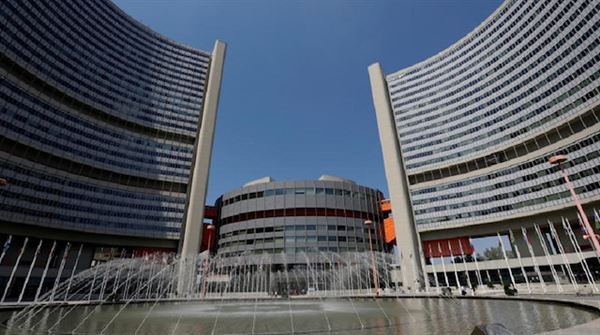The Philippines will prepare a detailed plan for the International Atomic Energy Agency (IAEA) on how it could embark on a nuclear power programme, it
The Philippines will prepare a detailed plan for the International Atomic Energy Agency (IAEA) on how it could embark on a nuclear power programme, its energy chief said on Wednesday, backing a push for the country to tap nuclear energy.
“We are set to meet with the IAEA next month to discuss further collaboration efforts,” Energy Secretary Alfonso Cusi said, after receiving an IAEA review report on the infrastructure the country would need for a nuclear programme.
“This is the beginning of a new phase of work because we have to prepare now our plan of action and we are going to present it to them, to IAEA, and they are going to audit us,” Cusi said.
The Department of Energy has been studying the use of nuclear power, a divisive issue in the Philippines due to safety concerns. It has drafted an executive order, which is awaiting President Rodrigo Duterte’s signature, outlining a national policy to support its plan.
Duterte has said safety will be his top consideration in deciding whether the country will pursue nuclear energy.
Cusi said Duterte “wants to learn more” about nuclear energy.
Nuclear power is seen as a potential answer to the Philippines’ twin problems of precarious supply and the high cost of electricity, although Cusi said other options were also being considered.
“We are looking at all sources of energy. We’re studying hydrogen,” he said. “We are hungry for power and we will tap any sources that would satisfy our own needs now.”
Supporters of Cusi’s nuclear energy push say that because the fuel cost is lower, electricity rates will drop. But those against it cite a reliance on imported uranium, high waste disposal and decomissioning costs, as well as safety issues.
If it decides to tap nuclear energy, the Philippines could either build new facilities or rehabilitate its Bataan Nuclear Power Plant, built in the 1980s but mothballed after a change in the country’s leadership and the devastating Chernobyl disaster.
Cusi said the government is also looking at deploying small modular nuclear plants to some of the country’s islands still suffering from power shortage.
The government recently signed a memorandum of understanding with Russian state atomic company Rosatom involving a pre-feasibility study for such plants, he said.
